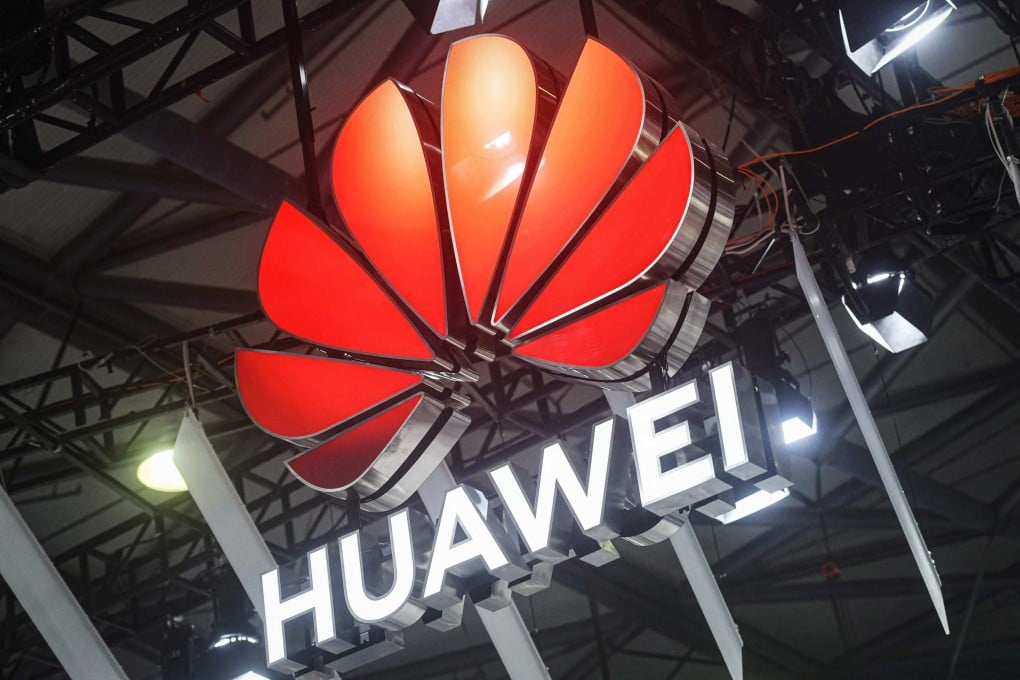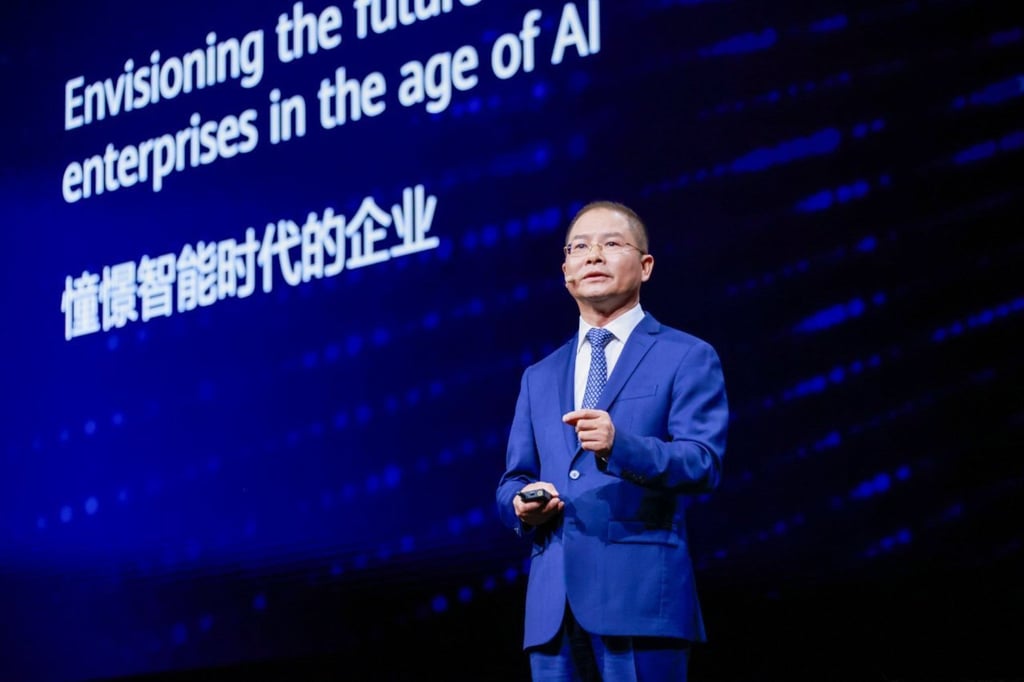Huawei defends role as AI, 5G infrastructure supplier at Shanghai MWC trade show
Huawei deputy chairman says the telecoms industry is facing stagnant growth, while touting AI-driven solutions

Speaking at the Mobile World Congress (MWC) in Shanghai on Wednesday, Huawei deputy chairman Eric Xu Zhijun said that 40 years of rapid development in the telecoms industry had led to a period in which “basic consumer needs are met and growth is stagnant”.
Xu identified four key paths to industry growth in his keynote speech: tapping new user groups such as live-streamers and delivery workers, increasing the supply of high-definition video, enabling intelligent connected vehicles via 5G and expanding fibre-to-the-room to support the digitalisation of small businesses.
“We must be clear that the business environment and competitive landscape of the carriers are different,” Xu said. “We’re willing to work with global carriers and help them achieve sustainable growth.”

The Shenzhen-based tech giant also unveiled a number of AI-powered telecoms solutions at the event, as part of its efforts to accelerate the global roll-out of 5G-Advanced (5G-A) networks and deepen collaboration with telecoms operators amid rising demand for intelligent services.